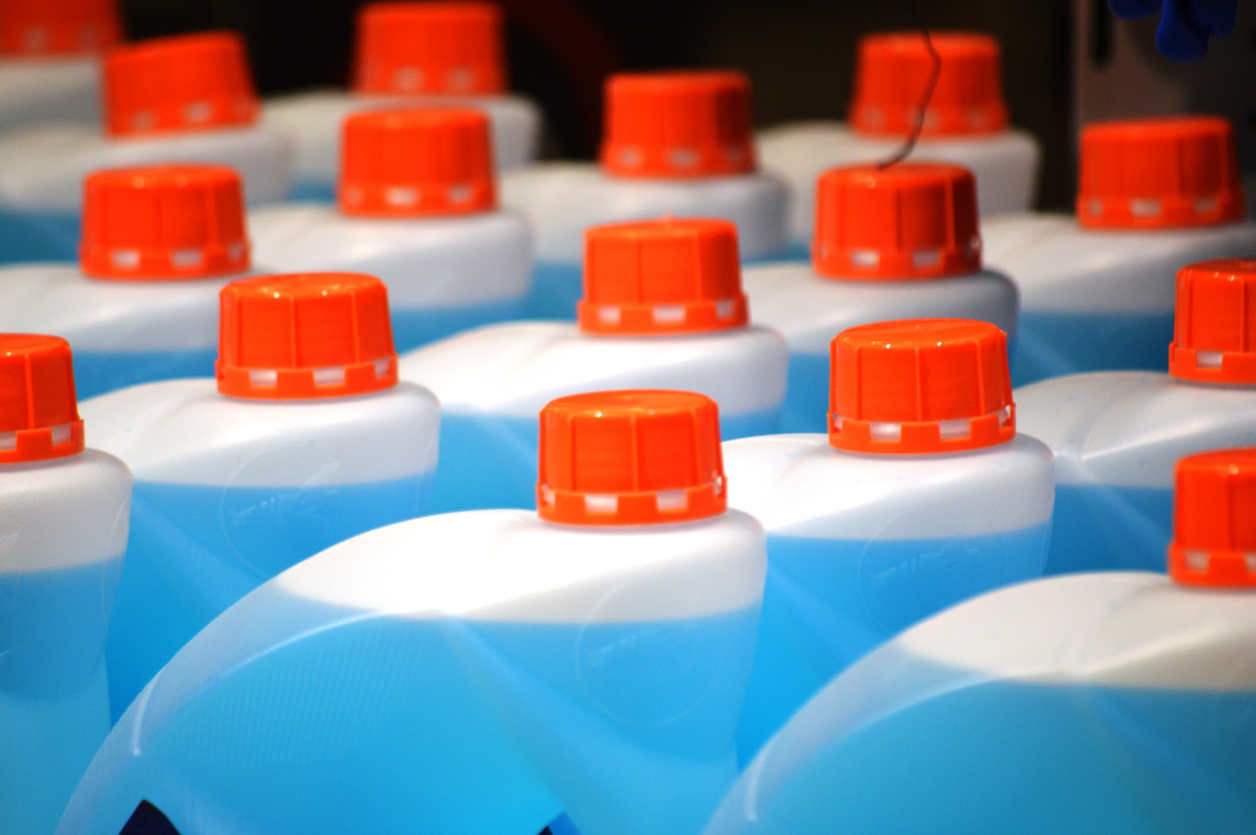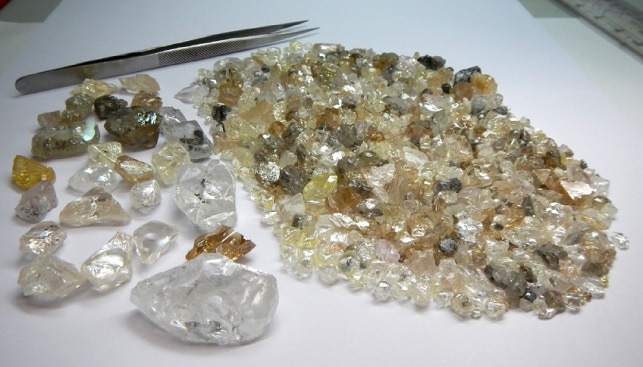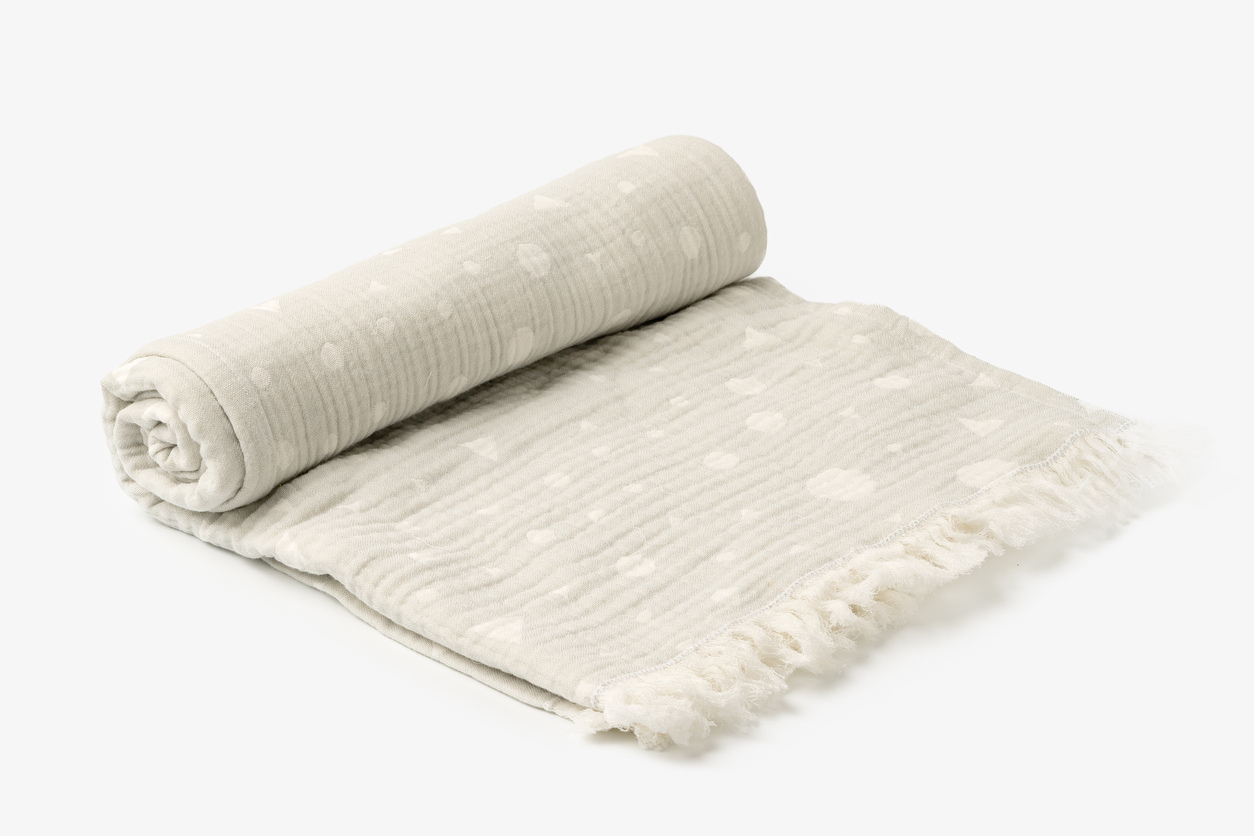The Essential Ingredients: An Inside Look at Soap/Detergent/Cosmetics Raw Materials
The Essential Ingredients: An Inside Look at Soap/Detergent/Cosmetics Raw Materials
Welcome to the world behind the bubbles! Have you ever wondered what goes into making your favorite soap, detergent, or cosmetic products? We’re about to dive deep into the realm of raw materials – those essential ingredients that transform ordinary substances into extraordinary cleansers and beautifiers. Join us as we unveil the secrets hidden within these bottles of magic, exploring how nature’s elements are harnessed and combined with cutting-edge science to create products that make our lives cleaner, fresher, and more glamorous. Get ready for an inside look at the fascinating world of soap/detergent/cosmetics raw materials – it’s time to unmask their true power!
Introduction to Soap/Detergent/Cosmetics Raw Materials
Introduction to Soap/Detergent/Cosmetics Raw Materials
When it comes to creating soap, detergent, or cosmetics products, the ingredients used play a crucial role in achieving desired results. These raw materials are the building blocks of these products and are responsible for their cleansing, nourishing, and cosmetic properties. In this section, we will provide a comprehensive introduction to the most commonly used raw materials in soap making, detergent production, and cosmetics formulation.
1. Oils and Fats
Oils and fats are essential components in most soap and detergent recipes. They provide the necessary fatty acids that act as emollients to moisturize and protect the skin. Commonly used oils include coconut oil, olive oil, palm oil, shea butter, and cocoa butter. These oils can be either solid or liquid at room temperature and have varying levels of cleansing abilities based on their composition.
2. Surfactants
Surfactants are another critical ingredient in both soap/detergent making and cosmetics formulation. They work by reducing surface tension between water and oils/fats to create a lather that effectively cleanses dirt from surfaces or skin. Some examples of surfactants include sodium lauryl sulfate (SLS), cocamidopropyl betaine (CAPB), decyl glucoside, polysorbate 20/80.
Common Ingredients in Soap Production
Soap is a common household item that we use daily for personal hygiene and cleaning purposes. But have you ever stopped to think about what goes into creating this essential product? The answer lies in the ingredients used in soap production. In this section, we will take an in-depth look at some of the most common ingredients used in soap production.
1. Oils and Fats:
The main ingredient in soap is oils and fats, which are primarily derived from plants such as coconut, palm, olive, and vegetable oils. These oils contain fatty acids that are crucial for creating a stable lather and cleansing properties in soap. Each type of oil or fat has its unique properties that contribute to the overall quality of the soap.
2. Water:
Water is another essential ingredient used in soap production. It acts as a solvent for dissolving other ingredients and helps create a lye solution, which is necessary for saponification – the process of turning oils into soap.
3. Lye:
Lye (sodium hydroxide) or caustic soda is an alkaline substance used to convert oils into soap through a chemical reaction called saponification. Without lye, there would be no true soap as it plays a vital role in breaking down the fatty acids present in oils to form glycerin and fatty acid salts (soap).
Types of Detergent Raw Materials and Their Functions
There are several types of detergent raw materials that are used in the production of soaps, detergents and cosmetics. These ingredients play a crucial role in creating effective and high-quality products. In this section, we will discuss the different types of detergent raw materials and their functions.
1. Surfactants:
Surfactants are the most important type of detergent raw material as they are responsible for the cleaning action of soaps and detergents. They lower the surface tension between water and oil or dirt, allowing them to mix together and be easily rinsed away. There are two main categories of surfactants: Anionic surfactants, which have a negative charge, and cationic surfactants, which have a positive charge.
2. Builders:
Builders are another essential ingredient in detergents as they help to enhance the cleaning power of surfactants by softening hard water. Hard water contains minerals such as calcium, magnesium, and iron which can reduce the effectiveness of cleaners. Builders form complexes with these minerals, preventing them from interfering with the cleaning process.
3. Enzymes:
Enzymes are naturally occurring proteins that speed up chemical reactions in living organisms. In laundry detergents, enzymes break down tough stains like food residue or grass stains into smaller molecules that can be easily washed away by surfactants.
Key Components in Cosmetics Formulation
Introduction:
Cosmetics formulation is a complex process that involves the selection and combination of various raw materials to create a desired product. These raw materials play a crucial role in determining the effectiveness, stability, and safety of cosmetics. In this section, we will explore the key components used in cosmetics formulation and their functions.
1. Emulsifiers:
Emulsifiers are essential in cosmetics formulation as they help to combine two or more ingredients that would typically not mix together. They work by reducing surface tension between oil and water-based ingredients, creating a stable emulsion. Common emulsifiers used in cosmetics include glyceryl stearate, cetearyl alcohol, and polysorbates.
2. Surfactants:
Surfactants are another vital component in cosmetics as they aid in cleansing by removing dirt, oils, and other impurities from the skin or hair. They reduce the surface tension between oil and water, allowing them to mix together and be rinsed away easily. Popular surfactants used in cosmetic products include sodium lauryl sulfate (SLS), cocamidopropyl betaine (CAPB), and decyl glucoside.
3. Humectants:
Humectants are ingredients that attract moisture from the environment into the skin or hair. They help to keep these areas hydrated by preventing water loss through evaporation. Some commonly used humectants in cosmetics formulations include glycerin, hyaluronic acid, and propylene glycol.
Harmful Chemicals to Avoid in Personal Care Products
When it comes to personal care products, it’s important to not only pay attention to the ingredients that are included, but also those that are best left out. Many common personal care products contain harmful chemicals that can have negative effects on both our bodies and the environment. In this section, we will take a closer look at some of these chemicals and why you should avoid them in your soap, detergent, and cosmetic products.
1. Parabens:
Parabens are a group of preservatives commonly found in personal care products such as shampoos, lotions, and makeup. They are used to prevent bacteria growth and extend the shelf life of these products. However, studies have shown that parabens can mimic estrogen in the body and disrupt hormonal balance. This has been linked to an increased risk of breast cancer and reproductive issues.
2. Phthalates:
Phthalates are often used as plasticizers in personal care products such as nail polishes and hair sprays. They help make these products more flexible and less likely to break or crack. However, phthalates have been classified as endocrine disruptors which means they can interfere with our hormone function. Exposure to phthalates has been linked to developmental problems in children, fertility issues, and certain cancers.
Alternative Natural Raw Materials for Soap, Detergent, and Cosmetics
There has been a growing trend towards using natural and organic ingredients in various products, including soap, detergent, and cosmetics. With the rise of eco-conscious consumers, many people are looking for alternatives to traditional raw materials that are often derived from petrochemicals or synthetic compounds. Luckily, there are plenty of alternative natural raw materials that can be used in these products without sacrificing effectiveness.
One popular alternative is plant-based oils such as coconut oil, olive oil, and shea butter. These oils have long been used in skincare due to their nourishing and moisturizing properties. They can also be used in soap and detergent formulations as they contain fatty acids that act as surfactants – molecules that help break down dirt and grime.
Another commonly used natural ingredient is beeswax. This wax is produced by honeybees and has a wide range of benefits for the skin. It acts as a humectant, meaning it helps to seal moisture into the skin, making it an ideal ingredient for soaps and moisturizers.
Essential oils are another great option for adding scent to soaps and cosmetics while providing additional benefits to the skin. For example, lavender essential oil not only adds a calming aroma but also has anti-inflammatory properties which can soothe irritation on the skin.
The Importance of Choosing Sustainable Raw Materials
Sustainable raw materials are becoming increasingly important in the production of soap, detergent, and cosmetic products. Not only do they have a positive impact on the environment, but they also play a crucial role in ensuring the health and safety of consumers.
One of the main reasons why choosing sustainable raw materials is so important is because traditional methods of sourcing these ingredients often involve harmful practices that can damage ecosystems and communities. For example, many natural oils used in cosmetics and soaps are obtained through deforestation or unsustainable farming practices that contribute to climate change and biodiversity loss. By opting for sustainably sourced alternatives, we can help reduce our carbon footprint and preserve natural habitats.
Additionally, using sustainable raw materials has a direct effect on human health. Many conventional chemicals used in cleaning agents and personal care products have been linked to various health concerns such as skin irritation, allergies, hormonal disruptions, and even cancer. By selecting eco-friendly options instead, we can avoid exposing ourselves to potentially harmful substances.
Moreover, choosing sustainable raw materials also supports ethical labor practices. Many companies source their ingredients from developing countries where workers may be subject to exploitation or unfair wages. By seeking out fair trade certifications or purchasing directly from small-scale farmers or cooperatives, we can ensure that our products are ethically produced.
Conclusion: Making Informed Choices for Your Health and the Environment
It is important to make informed choices when it comes to the products we use for our personal hygiene and household cleaning. The ingredients in soap, detergent, and cosmetics can have a significant impact on both our health and the environment.
Firstly, always look for products that are made with natural or organic ingredients. These products are free from harmful chemicals such as parabens, sulfates, and phthalates which have been linked to various health issues including skin irritation and hormonal disruptions. Choosing natural or organic options also supports sustainable farming practices and reduces the amount of synthetic chemicals released into the environment.
Secondly, be mindful of the packaging used for these products. Opt for brands that use recyclable or biodegradable materials instead of plastic packaging which contributes significantly to pollution in landfills and oceans. Additionally, buying products in bulk or using refillable containers can also help reduce waste.
Furthermore, do your research on companies’ ethical practices before purchasing their products. Look for certifications such as cruelty-free or fair trade to ensure that no animals were harmed in the production process and workers were treated fairly.
It is also important to pay attention to any potential allergens or irritants listed on product labels. If you have sensitive skin or allergies, opt for fragrance-free options or those labeled as hypoallergenic.








Comments are closed.